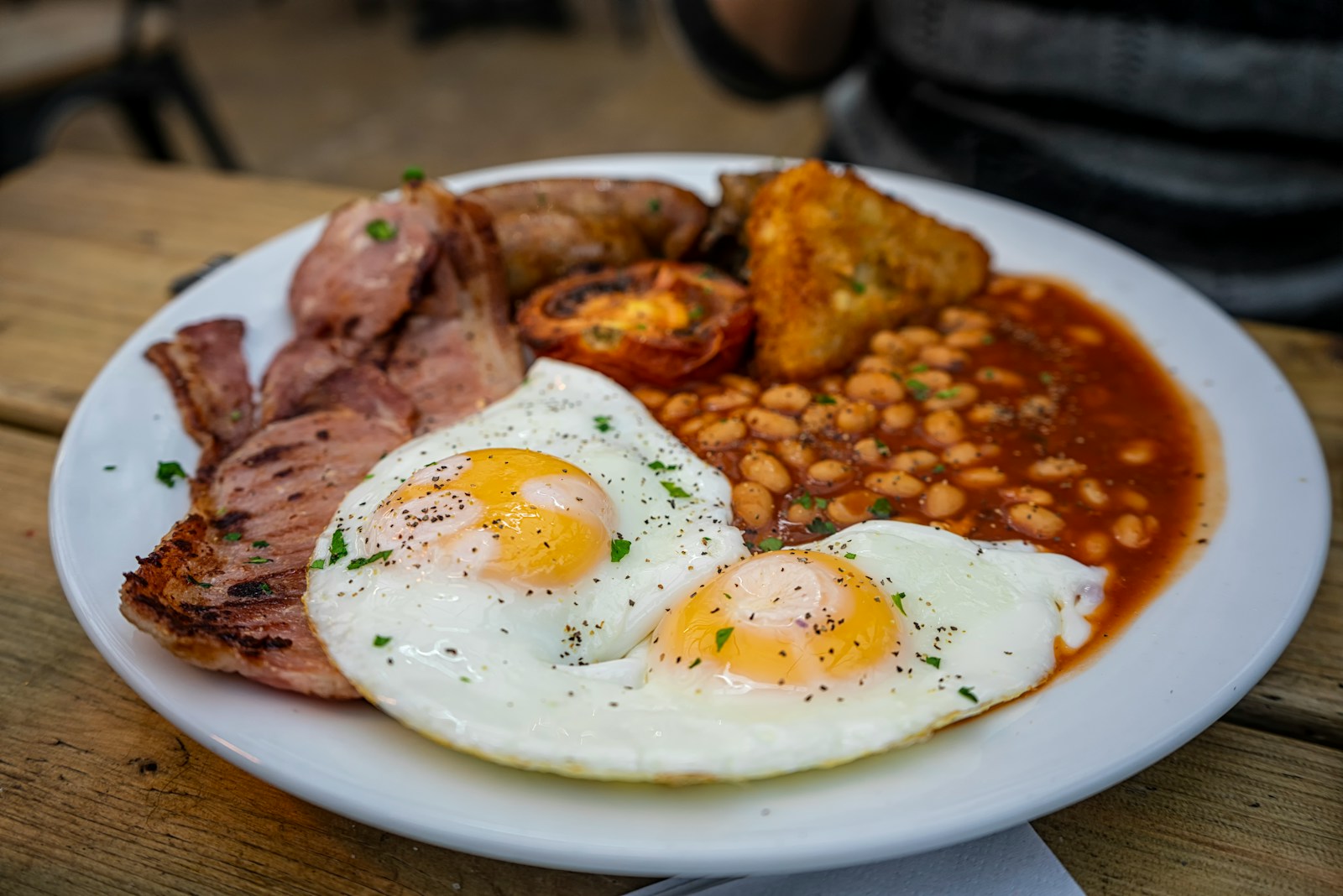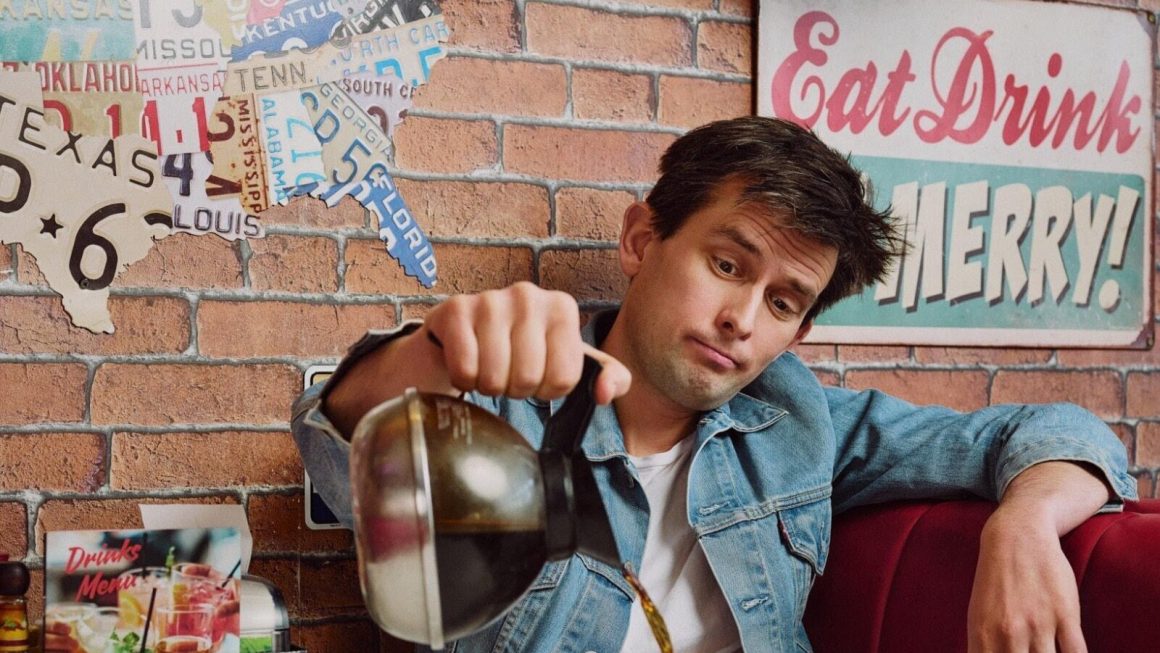For fifty years, Good Morning Ulster has been Northern Ireland’s morning companion, providing the soundtrack to countless breakfasts and commutes. As BBC Radio Ulster’s flagship news programme celebrates its golden anniversary, its legacy of broadcasting excellence continues to shape the region’s morning conversations. The Journey From its inception, the programme aimed to elevate local coverage “to what the place deserved,” as original presenter George Hamilton recalls. Now broadcasting weekday mornings from 6:30 to 9:00, the show has evolved while maintaining its core mission of comprehensive news coverage. The show briefly dabbled with a name change to “Breakfast Special” in the 1990s – a decision former presenter Wendy Austin wryly describes as “throwing away a great title and choosing something that sounded like a cereal.” Fortunately, the original name was restored, making Good Morning Ulster the station’s longest-running programme. Through History’s Lens The programme has guided listeners through Northern Ireland’s most pivotal moments. Wendy Austin remembers the morning of the 1998 Good Friday Agreement signing: “I think most of us couldn’t really believe that this had happened… It was one of many really remarkable mornings when you did feel something special has happened.” As former presenter Seamus McKee reflects, “As people were waking up we had to find a way to bring them the worst of news in the worst of times and the best of news in the best of times.” Behind the Microphone The show has been home to some of Northern Ireland’s most respected broadcasters:
George Hamilton, the pioneering first presenter Wendy Austin and Seamus McKee’s nearly 20-year partnership Current hosts Chris Buckler, Sarah Brett, and Joel Taggart
Mike Nesbitt, now Health Minister but formerly a presenter from 1986 to 1990, describes it as “the best job I ever had in broadcasting.” He even recalls playful moments, like setting sports presenter Adam Coates’ script on fire during a live reading. Live Radio’s Magic The unpredictability of live broadcasting remains part of the programme’s charm. Current presenter Chris Buckler embraces these moments: “There are people who really hate it when it goes wrong, I really like it when it goes wrong. I really like it when the radio starts to run away with itself.” The show’s ability to respond to breaking news has proven crucial. Karen Patterson recalls broadcasting live from the Primark fire, where members of the public sought her out to share their stories. “When Good Morning Ulster is at its best it is feeling like there’s someone on your side who gets you and asks the questions you want asked,” she says. Evolution and Impact The coveted post-8:00 AM slot has hosted prime ministers, first ministers, civil servants, campaigners, and CEOs. Yet the programme maintains its commitment to platforming lesser-known voices. As Buckler notes, “There’s no point having a politician on if you don’t have somebody on who will tell you what the impact of their actions or inactions are.” Looking Forward As Good Morning Ulster enters its next half-century, it continues to adapt while maintaining strong listening figures. “You are doing a broad range of subjects and you are broadcasting to a broad range of people,” Buckler explains, highlighting the programme’s enduring relevance in an era of segmented media. For Buckler, the show’s legacy is both professional and personal: “It’s an honour to do the programme because it’s one that my parents tuned into and one that my grandparents tuned into.” The programme’s editor, Damien Magee, emphasizes their ongoing commitment: “We are committed to continue doing that for our audiences across Northern Ireland,” ensuring Good Morning Ulster remains an essential part of Northern Ireland’s morning routine for generations to come.













